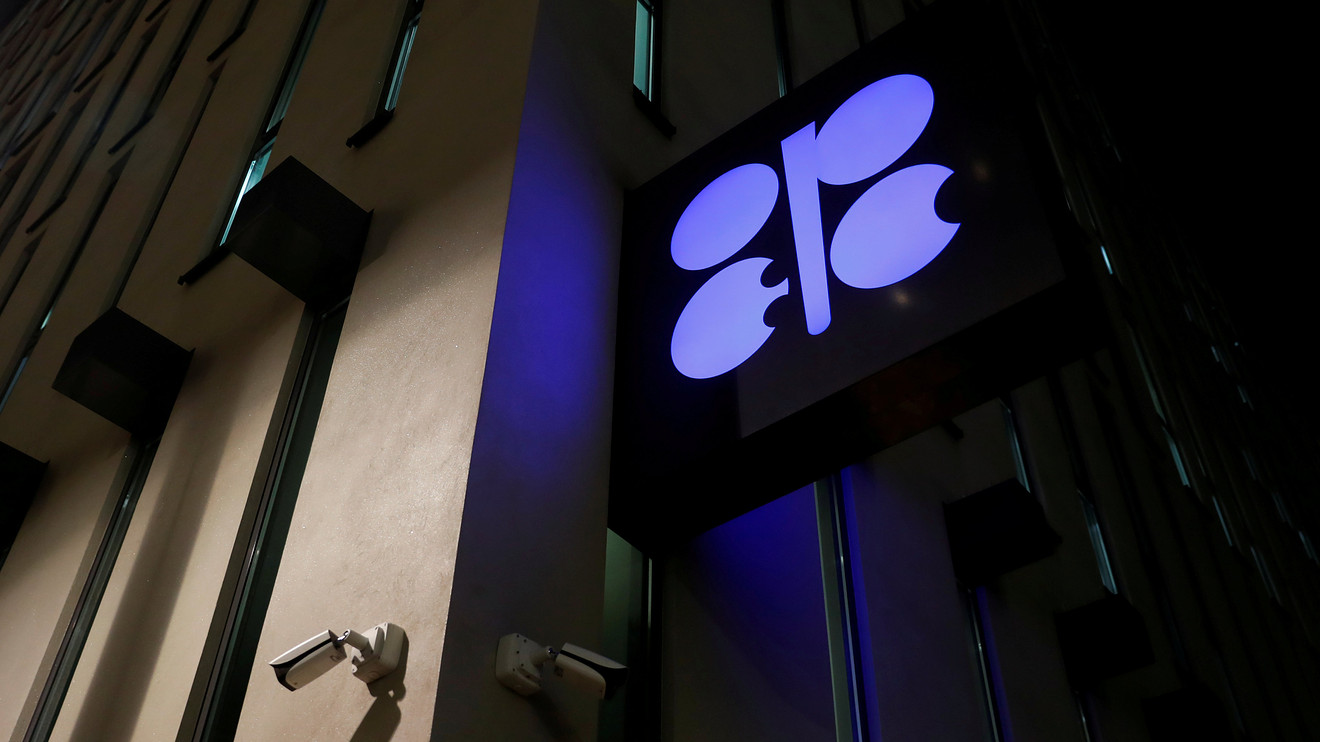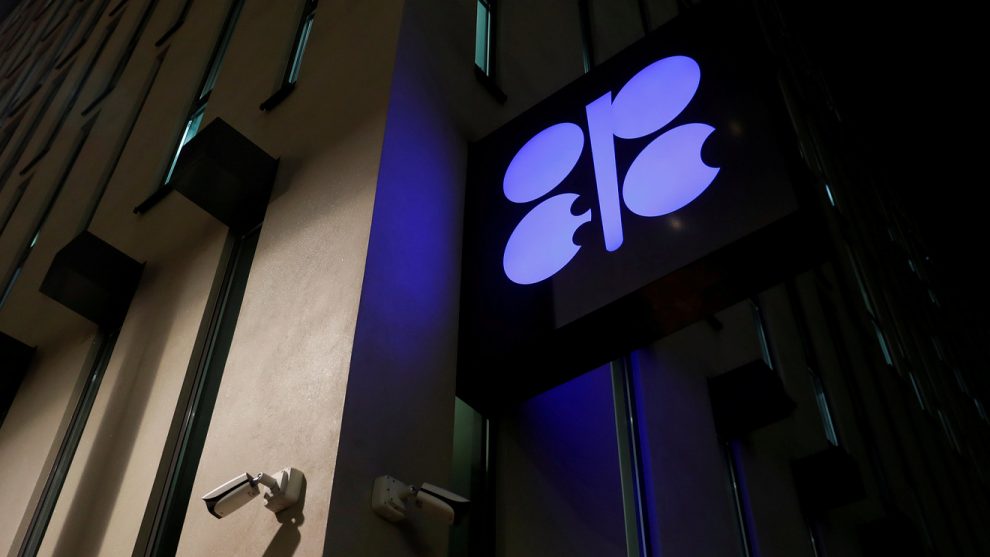
An alliance of crude producers led by Saudi Arabia is pushing OPEC and its allies to increase oil production starting in August, officials in the group said, amid signs that demand is returning to normal levels following coronavirus-related lockdowns.
Key members of the Organization of the Petroleum Exporting Countries and its Russia-led allies are set to meet via web conference Wednesday to debate the group’s current and future production.
In April, Saudi Arabia, the world’s largest oil exporter, led a push that saw the 23-producer group cut its collective output by 9.7 million barrels a day, as the pandemic led to a collapse of oil demand.
Now Saudi Arabia and most participants in the coalition support a loosening of the curbs, the delegates said. Under a Saudi proposal, the so-called OPEC Plus coalition would relax its current curbs by 2 million barrels a day to 7.7 million barrels a day, the delegates said.
Producers’ relative optimism coincides with a Friday report from the International Energy Agency showing the worst effects of the coronavirus on global oil demand have passed but will continue to echo as the market slowly recovers in the second half of 2020.
The world’s largest oil producers are attempting to mop up an oil glut and stabilize prices. Brent crude BRNU20, -0.16% , the global benchmark, is down 31% since the beginning of the year, at $43.24 a barrel. West Texas Intermediate futures CLQ20, +0.09% , the benchmark in U.S. oil markets, have traded at around $40 a barrel since late June after falling below zero at one point in April.
The OPEC Plus alliance has gradually deepened reductions in output since 2016, as it faced competition from U.S. oil producers. Some members of the group made a rare exception mid-2018 when they temporarily increased output to make up for lost Iranian barrels because of U.S. sanctions.











Add Comment